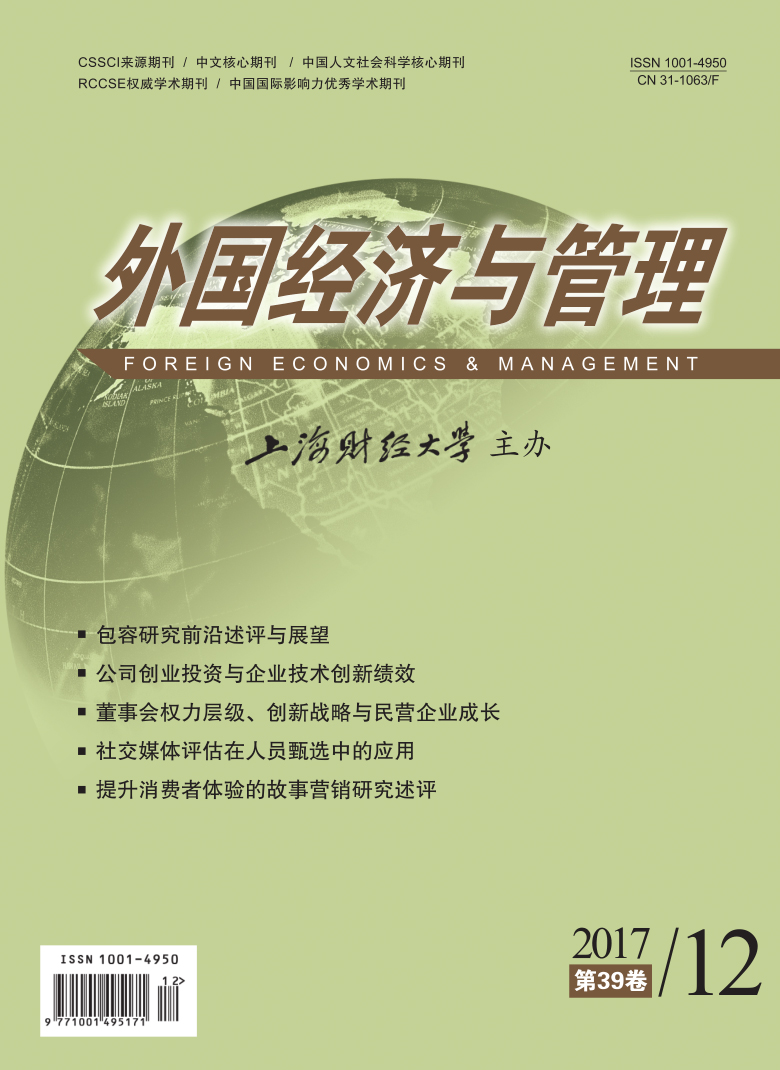As a decision-making body in corporate governance, the board of directors has been considered to affect the company’s strategic decisions and performance. Whether the board of directors can perform its functions effectively depends on the board composition. The current studies on the board composition mainly focus on the demographics or cognitive characteristics, but pay little attention to the board hierarchical structure. In fact, hierarchy is prevalent in various groups and organizations in various forms, and under the background of " relationship-based society” and " obedience to authority” in China, the influence of individual interaction differences caused by power hierarchies on team performance is more prominent. In addition, the current theoretical researches on the board governance mostly use the paradigm of " structure-performance”, which fail to prove the affecting mechanism of board process in this relationship. Even though some literature pays attention to the mediation role of the board decision-making and control behavior, most of them are based on linear perspective. In the current competitive environment, the formulation or decision-making ability of strategies is the fundamental guarantee of enterprise sustained and healthy growth, of which the key one is innovation strategy. As the decision-making body of strategy, the board of directors determines the innovation input, way and performance, and then affects the private enterprise growth. Based on organization hierarchy theory and upper echelon theory, this paper explores the impact of formal and informal board power hierarchies on the growth of private enterprises through innovation strategy, by using the nonlinear mediation method which was put forward by Hayes and Preacher in 2010, and SPSS macro file MEDCURVE, with the sample of 562 private listed companies in China from 2011 to 2015. It comes to the conclusions as follows: firstly, the formal board power hierarchy promotes innovation strategy in private enterprises, but informal power hierarchy hinders innovation strategy; there is an alternative function between the two power hierarchies. Secondly, there is a U-shaped relationship between innovation strategy and the growth of private enterprises. Thirdly, innovation strategy separately plays a nonlinear mediation role in the relationships between formal and informal board power hierarchies and enterprise growth. It provides the enlightenment that, on the one hand, private enterprises should improve the board power hierarchical structure according to the level of innovation investment. When the innovation investment is low, private enterprises can establish a larger informal power hierarchy, or separate the positions of chairman and CEO, which benefit the formulation of strategic decisions and promote the growth of private enterprises. When the level of innovation investment is high, the opposite measures are taken. On the other hand, private listed companies should cultivate the innovative philosophy and increase the input of innovation resources. At present, Chinese economy has a downward trend, and private enterprises must change the mode of economic growth and overcome resource constraints through innovation strategy, therefore achieve sustainable development and growth. The conclusions are of great practical value to the optimization of board power hierarchical structure, and the achievement of sustainable development and high quality growth of private enterprises. This paper makes the following contributions: firstly, it deepens the board structure from the formal and informal board power hierarchies, which can better explain the impact of board structure on corporate strategy and performance in China. Secondly, it constructs the board governance paradigm of " structure-behavior-performance”, and explores the complex path of board power hierarchies’ effect on the growth of private enterprise through innovation strategy. Lastly, it uses the method of nonlinear mediation and finds the nonlinear intermediary role of innovation strategy between the board power hierarchies and private enterprises growth. It not only improves the board governance theory, but also enriches the understanding of the path of the effect of board structure on enterprise growth.
 / Journals / Foreign Economics & Management
/ Journals / Foreign Economics & ManagementForeign Economics & Management
JIN Yuying, Editor-in-Chief
ZhengChunrong, Vice Executive Editor-in-Chief
YinHuifang HeXiaogang LiuJianguo, Vice Editor-in-Chief
Board Power Hierarchy, Innovation Strategy and the Growth of Private Enterprises
Foreign Economics & Management Vol. 39, Issue 12, pp. 70 - 83 (2017) DOI:10.16538/j.cnki.fem.2017.12.005
Summary
References
Summary
Cite this article
Li Change, Xie Yongzhen. Board Power Hierarchy, Innovation Strategy and the Growth of Private Enterprises[J]. Foreign Economics & Management, 2017, 39(12): 70–83.
Export Citations as:
For
ISSUE COVER
RELATED ARTICLES




 , 2
, 2 12969
12969  9065
9065

